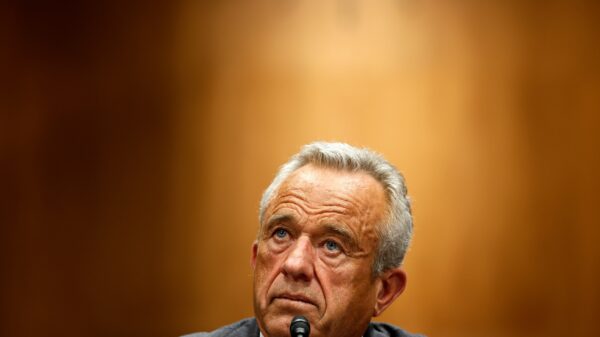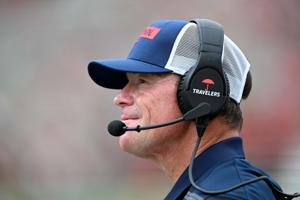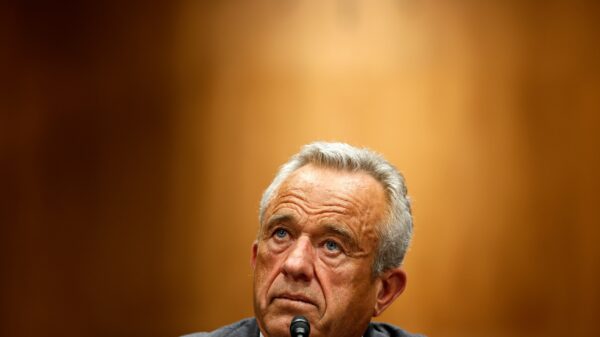HARTFORD, Conn. — After four impactful years, Jim Mora has announced his departure from the University of Connecticut (UConn) to take on a new role with Colorado State. This transition comes as UConn prepares for a bowl game, marking a significant moment in the program’s recent history. Mora’s tenure at UConn has been characterized by a remarkable turnaround, leaving the team in a far better position than when he arrived.
Mora’s announcement came in the early hours of Tuesday, following reports of a deal with Colorado State. By morning, UConn’s Athletic Director David Benedict confirmed Mora’s exit. The timing aligns with the trends in collegiate sports where coaches frequently change institutions even amidst ongoing seasons. Mora’s success has made him a coveted figure, and his departure raises questions about the future direction of the UConn football program.
Under Mora, UConn experienced a resurgence from a dismal record of 1-11 in 2021. The program, which had struggled significantly in recent years, achieved a commendable nine wins in 2025. Mora’s leadership has not only revitalized the team but also restored hope among fans who had begun to question the viability of UConn football. His ability to connect with players and build a competitive team is evident in the program’s improved performance.
Mora’s success at UConn is underscored by his previous coaching experience, particularly in the NFL. His knowledge of the game has been instrumental in assembling a talented squad that defied expectations. Notably, UConn achieved victories against ACC opponents, a testament to the program’s growth under his guidance. As the Huskies now look towards the future, Mora leaves a blueprint for success, albeit with the challenge of maintaining momentum.
UConn’s football program finds itself at a crossroads. The university has experienced coaching changes before, often with mixed results. In the past, decisions to hire coaches with extensive resumes did not always translate into success on the field. This time, the focus will be on finding a leader who embodies the same spirit and determination that Mora exhibited during his tenure.
Looking ahead, UConn has several potential candidates to consider. Offensive coordinator Gordon Sammis has emerged as a strong internal option, having played a pivotal role in developing talent such as quarterback Joe Fagnano and standout receiver Skyler Bell. With an offense that has gained recognition for its creativity and effectiveness, Sammis may be the ideal choice to continue building on Mora’s foundation.
As the football program prepares for its upcoming bowl assignment, maintaining stability will be crucial. The challenge of preventing player opt-outs and ensuring team cohesion remains a priority. UConn’s recent success has reignited interest in the program, and the next coaching hire will play a critical role in sustaining this renewed enthusiasm.
Benedict has demonstrated an ability to make astute coaching decisions in the past, notably with the men’s basketball program and Mora’s appointment. His track record suggests he understands the unique needs of UConn football and the importance of hiring a coach who can navigate the complexities of college athletics.
In summary, Mora’s departure is a pivotal moment for UConn football. His contributions have not only improved the team’s performance but also reignited passion among fans. As the university embarks on the search for Mora’s successor, the challenge will be to find a leader capable of continuing this positive trajectory. UConn now stands at a turning point, with renewed hope for its football future, thanks to the legacy left by Jim Mora.




































































